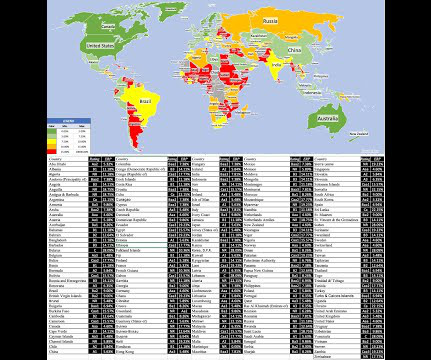Books and Records Demands 2023 Recap
Harvard Corporate Governance
JANUARY 28, 2024
Posted by Lauren Rosenello, Claire Atwood and Marius Sander, Skadden, Arps, Slate, Meagher & Flom LLP, on Sunday, January 28, 2024 Editor's Note: Lauren Rosenello is Counsel, and Claire Atwood and Marius Sander are Associates at Skadden, Arps, Slate, Meagher & Flom LLP. This post is based on their Skadden memorandum. As discussed in prior articles, stockholder plaintiffs have increasingly sought to obtain companies’ books and records under 8 Del.


















Let's personalize your content